Can You Brush Your Teeth After Whitening Strips? The Guide
Can You Brush Your Teeth After Whitening Strips?
If you’re a fan of the amazing results that whitening strips can provide for a brighter smile, you may be wondering about the best oral care practices after using them. One common question that arises is whether you can brush your teeth immediately after applying whitening strips. In this guide, we’ll address this question and provide expert advice on how to care for your teeth after using whitening strips.
Understanding Whitening Strips
Before we delve into the topic of brushing after using whitening strips, it’s important to understand how these products work. Whitening strips are designed to remove surface stains and brighten the appearance of your teeth. They typically contain a peroxide-based gel that is applied directly to the teeth using thin, flexible strips. The gel works to break down stains and discoloration, resulting in a noticeably whiter smile.
Can You Brush Your Teeth After Whitening Strips?
The question of whether you can brush your teeth after using whitening strips is a common one. While it’s generally recommended to wait at least 30 minutes after using whitening strips before brushing your teeth, it’s important to carefully read and follow the instructions provided with the whitening strips you are using. Some products may have specific recommendations regarding post-application oral care.
Best Practices for Brushing After Whitening
Following the use of whitening strips, it’s important to be gentle when brushing your teeth. Use a soft-bristled toothbrush and a fluoride toothpaste to clean your teeth without causing damage to the enamel or gum tissue. Brushing your teeth after using whitening strips can help to remove any residual gel and ensure that your teeth are clean and healthy.
Tips for Maintaining a Bright Smile
In addition to using whitening strips and practicing proper brushing techniques, there are several additional steps you can take to maintain a bright, healthy smile. These include avoiding foods and beverages that can stain teeth, such as coffee, tea, and red wine, and scheduling regular dental cleanings and check-ups.
Conclusion
In conclusion, the use of whitening strips can be an effective way to achieve a brighter smile, but it’s important to follow proper oral care practices after using them. While it’s generally recommended to wait at least 30 minutes before brushing your teeth after using whitening strips, it’s important to follow the instructions provided with the specific product you are using. By practicing good oral hygiene and following expert recommendations, you can maintain a beautiful, white smile.
FAQs:
Q: Can I brush my teeth immediately after using whitening strips?
A: It’s generally recommended to wait at least 30 minutes after using whitening strips before brushing your teeth.
Q: Are whitening strips safe to use?
A: When used as directed, whitening strips are generally safe and effective for removing surface stains and brightening the appearance of your teeth.
Q: How often should I use whitening strips?
A: It’s best to follow the recommended usage instructions provided with the specific whitening strips you are using.
Q: Should I see a dentist before using whitening strips?
A: It’s always a good idea to consult with a dentist before starting any new oral care regimen, including the use of whitening strips.
Recommended for you
Teeth Whitening Strips Cost Chicago | Double White
Custom best quick teeth whitening products Manufacturers and suppliers in China
How Long to Wait to Brush Teeth After Whitening Strips | Double White

The Ultimate Guide to the Best OTC Teeth Whitening for Sensitive Teeth
About Customized Services
How long is the product development cycle? Can it be faster?
It depends on market needs. Our engineers develop new products regularly based on feedback and research.
Can I only use private label without packaging design?
Yes, we can provide only private labeling. Packaging design is optional, and our designers can help if needed.
About Product Choice
Can free samples be provided?
Yes, we can provide some free samples for you to test and evaluate, please contact our sales team for specific details.
Teeth Whitening Powder
How long will it take to see results?
Most users notice a significant improvement in the whiteness of their teeth within just a few days of regular use.
About Price and Payment
Do you offer bulk purchase discounts?
Yes, we offer bulk purchase discounts, the specific discount rate depends on the order quantity and cooperation method.

HP Teeth Whitening Alcohol-free Strips HPNA-01
Discover Double White’s HP Teeth Whitening Alcohol-free Strips HPNA-01, the best teeth whitening strips designed for a brighter smile without irritation. Alcohol-free formula ensures gentle yet effective whitening. Achieve professional results safely and easily at home with these top-rated teeth whitening strips.

HP Teeth Whitening Alcohol-free Strips HPNA-02
Double White’s HP Teeth Whitening Alcohol-free Strips HPNA-02 offer effective, gentle whitening without alcohol. These best whitening teeth strips deliver visible results, making them the good teeth whitening strips choice for a brighter smile. Try our whitening strips for teeth today!

Hydrogen Peroxide Residue Free Teeth Whitening Strips RFHP01
Double White Hydrogen Peroxide Residue Free Teeth Whitening Strips RFHP01 deliver the best quick teeth whitening results without residue. These best teeth whitening strips offer safe, effective brightening for a confident smile. Experience one of the best teeth whitening products today.

Hydrogen Peroxide Residue Free Teeth Whitening Strips RFHP02
100% tooth surface residue-free teeth strips represents the latest white teeth technology. This new product has strong adhesion on the teeth, but when peeled off, no gel-like substance remains on the tooth surface, leaving the teeth bright. Like new, no cleaning required.
Send us your inquiry
Reach out to us through the form below or via the contact information provided.
Our dedicated team is committed to providing prompt and personalized responses to all your queries.
Please fill out the fields above with your full name, email address, and comment.
Copyright © 2025 Double White All Rights Reserved. Designed by gooeyun

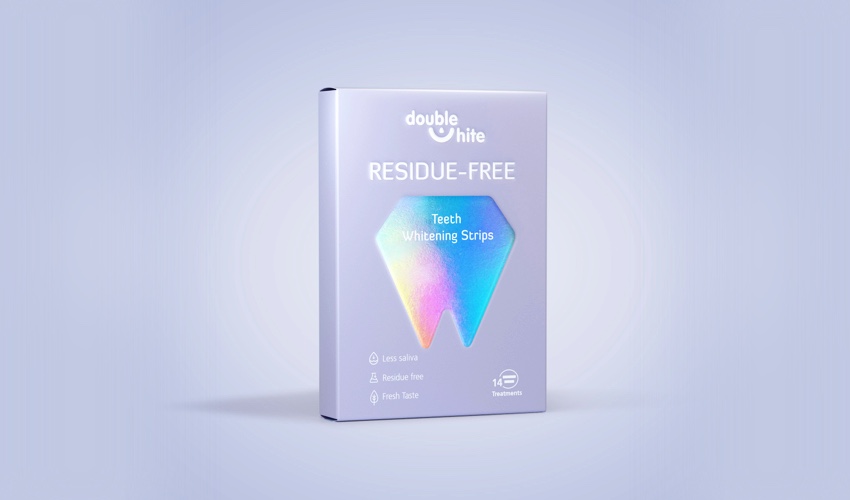
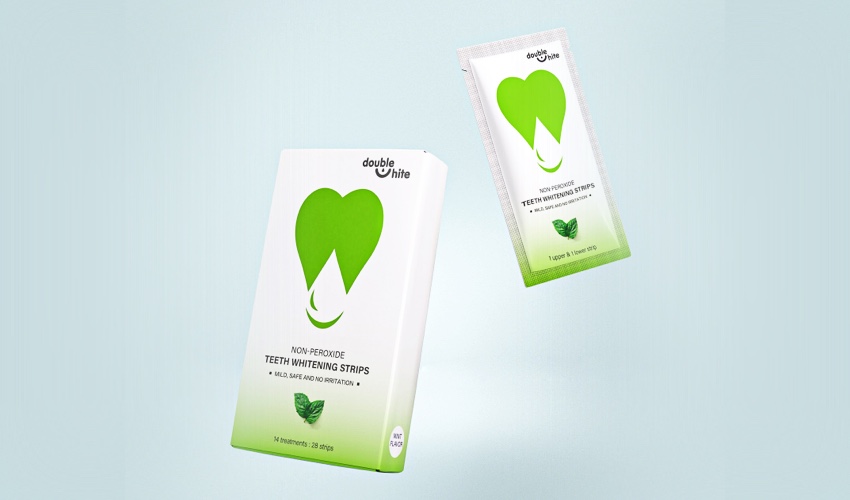
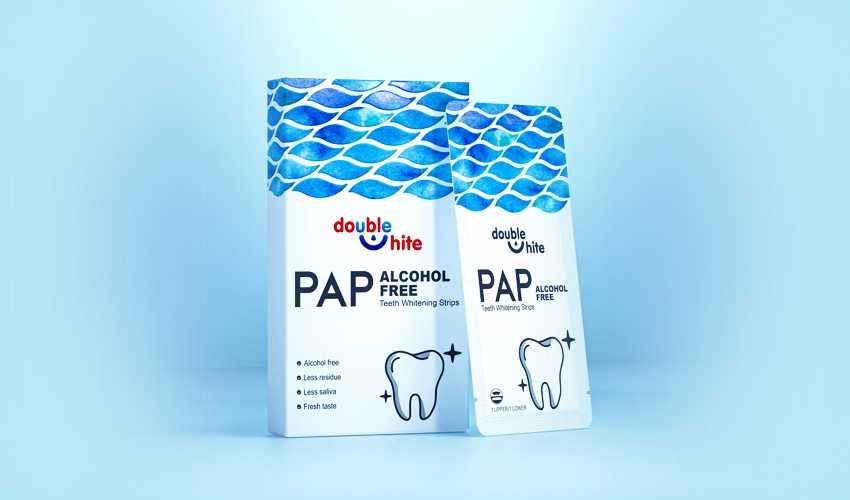
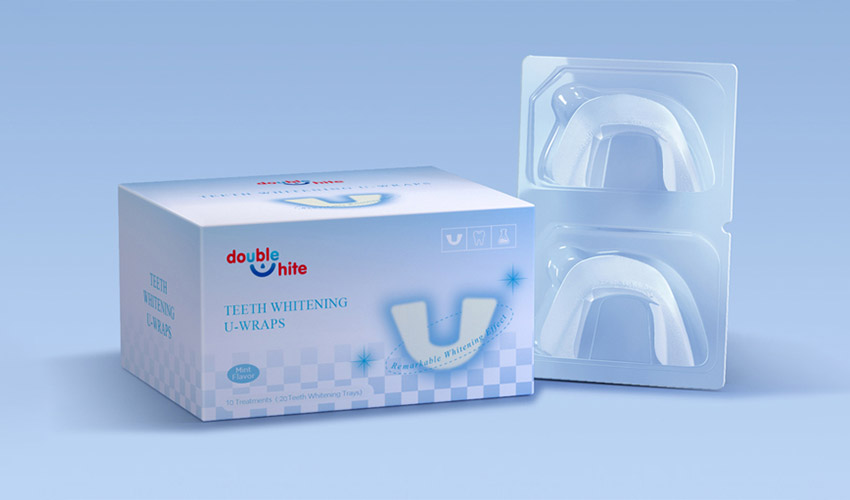
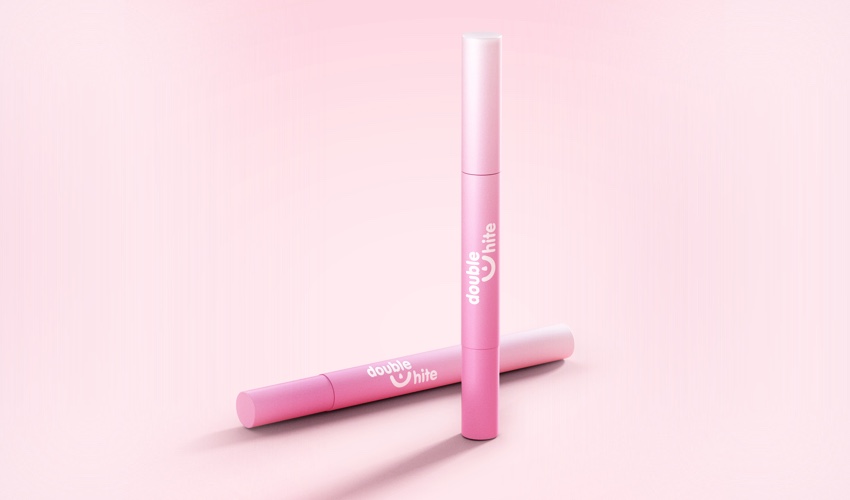
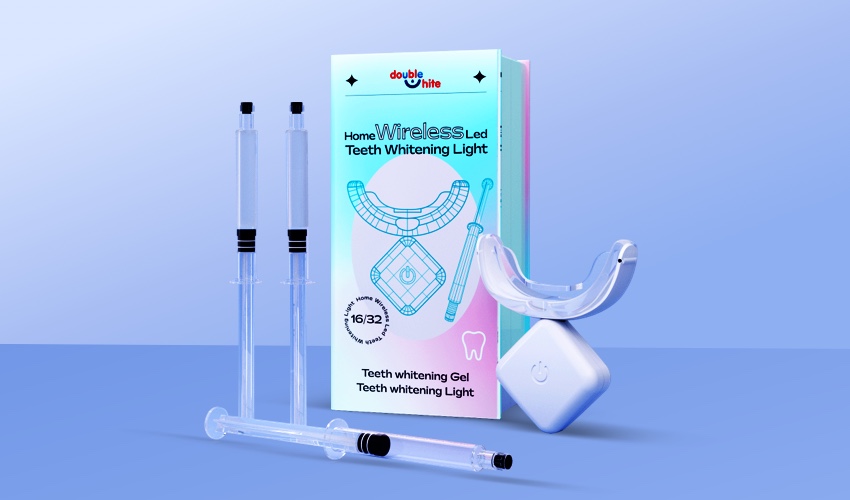
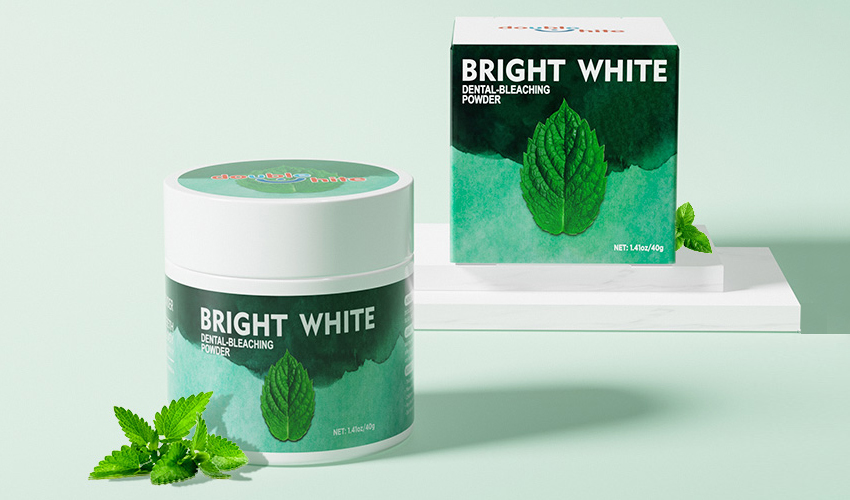






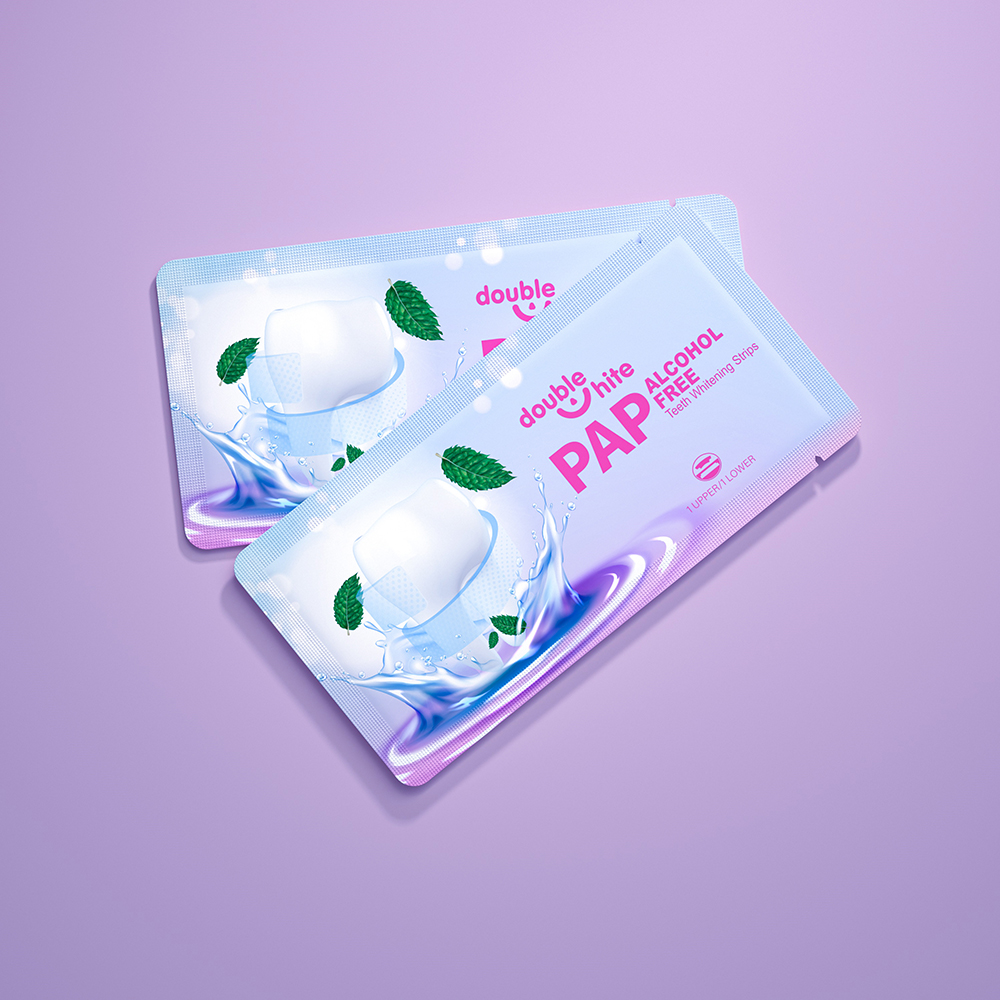
Whatsapp: +8615920313473
cndoublewhite
Doublewhite
doublewhitecn
cndoublewhite
cndoublewhite